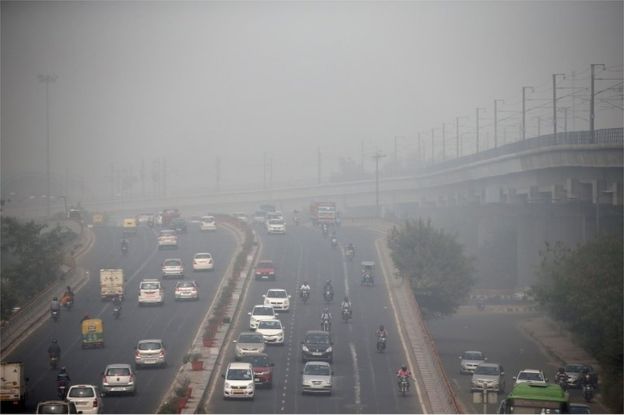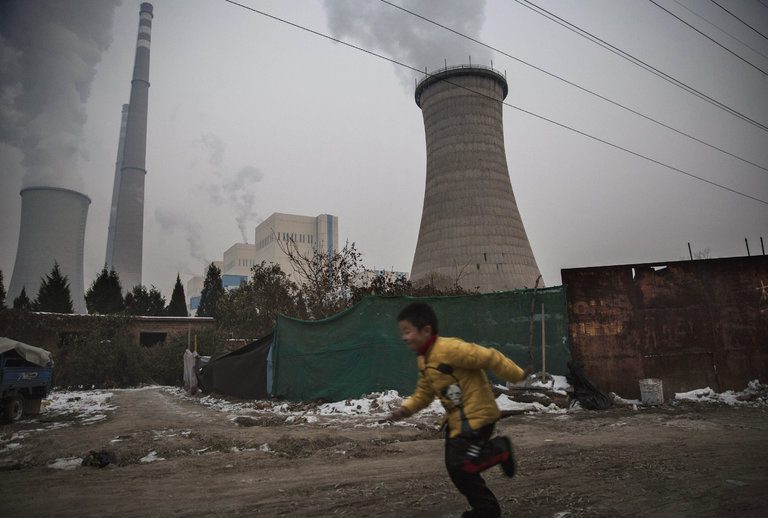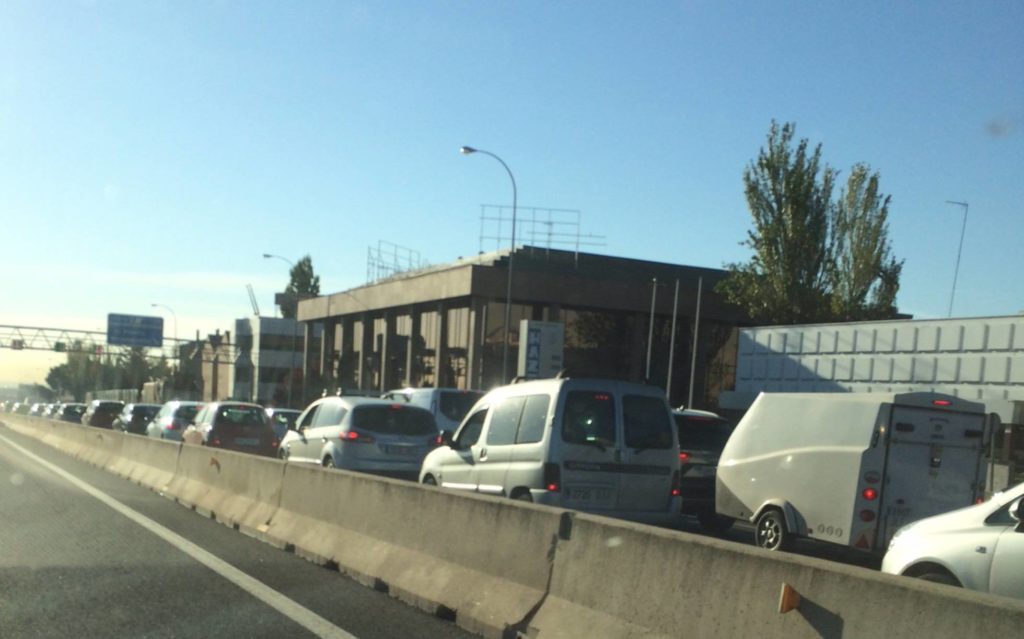B1 – Intermediate
More and more people are becoming aware of climate change, simply because it’s more evident. Do you think we still have time to save this Earth?
Winters are becoming warmer each year. Summers are hotter and drier. Scientists say that extreme weather will become normal in the future. Water shortages will be common too, and will affect more than one billion people around the world. And according to new information, global warming may destroy some of the Earth’s natural wonders.
World governments and environmental organizations are starting to talk more honestly about climate change. Evidence increasingly shows how much damage we have done to the environment. The Intergovernmental Panel on Climate Change in Brussels recently said that humankind’s activities are definitely the top reason for our hotter planet.
So what will the impact be? With warmer oceans, coral reefs everywhere will begin to die. Australia’s Great Barrier Reef, one of the world’s natural wonders, will disappear. In the Amazonian rain forest, many of the trees will die, and much of the area will become dry savannah. In Chile and Argentina, melting glaciers will create a drier climate. As a result, there will be more forest fires in the region.
Some of the damage cannot be repaired. Action now, though, could limit or prevent some of the problems.
Discuss: (from article)
1. Are you concerned about the environment?
2. What could every person on Earth do right now to help save the environment?
3. How has the environment changed since you were a child?
4. What do you think the Earth will be like in the future?
5. Have you ever seen any of the natural wonders?



